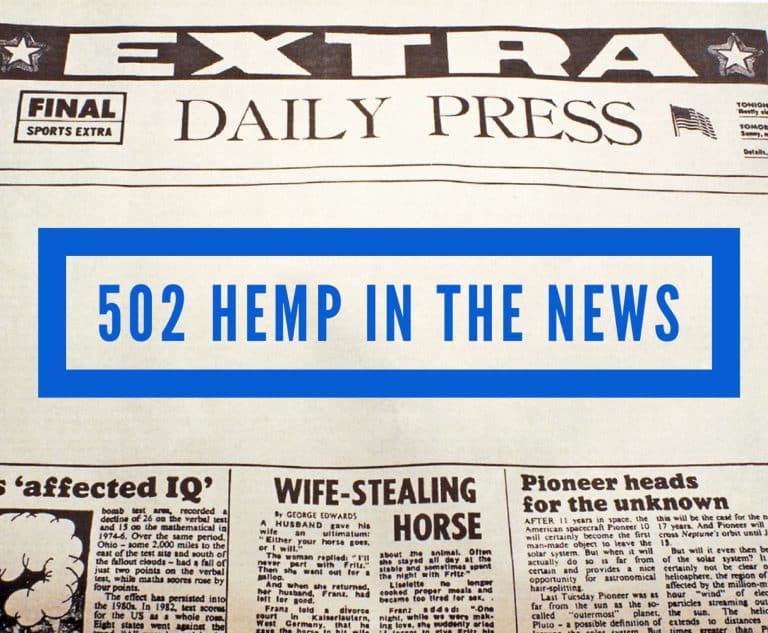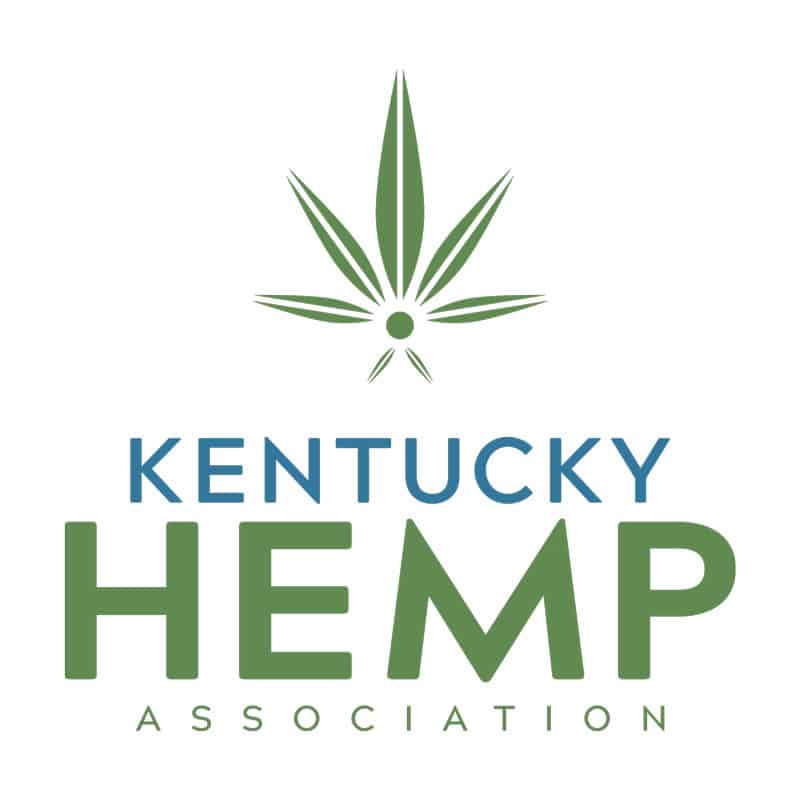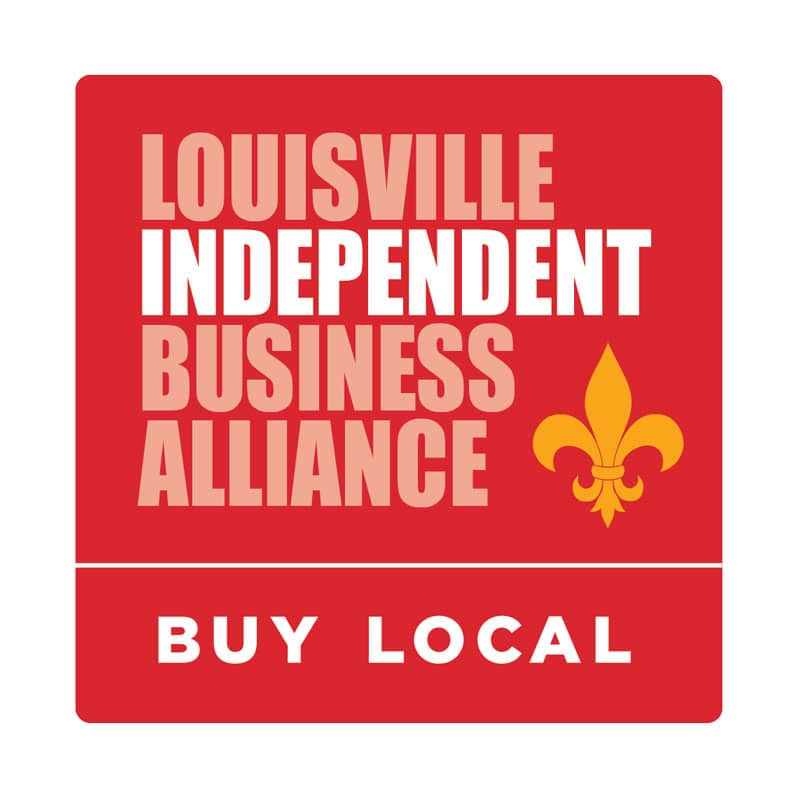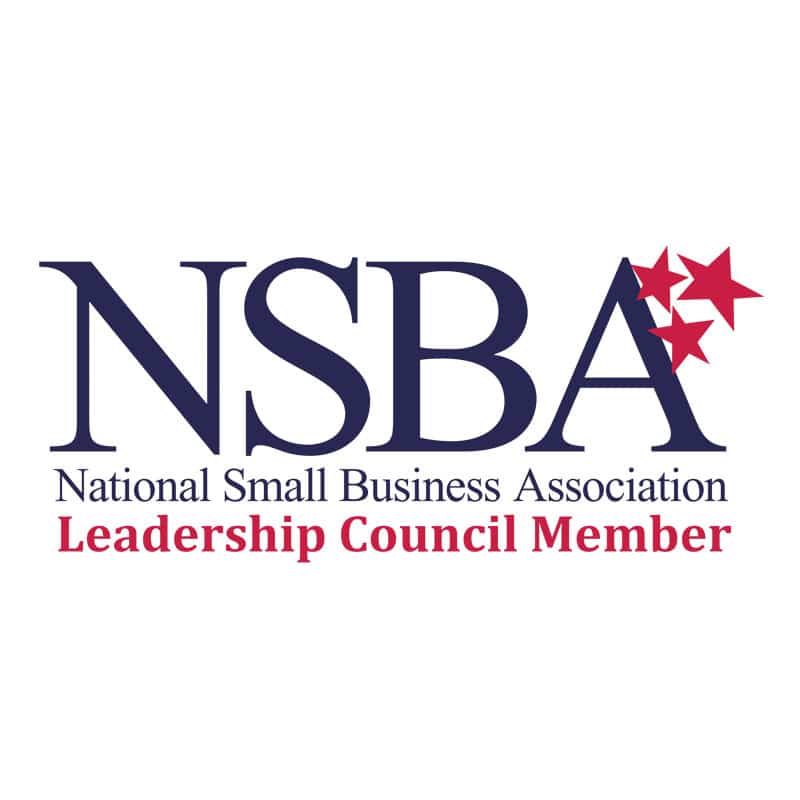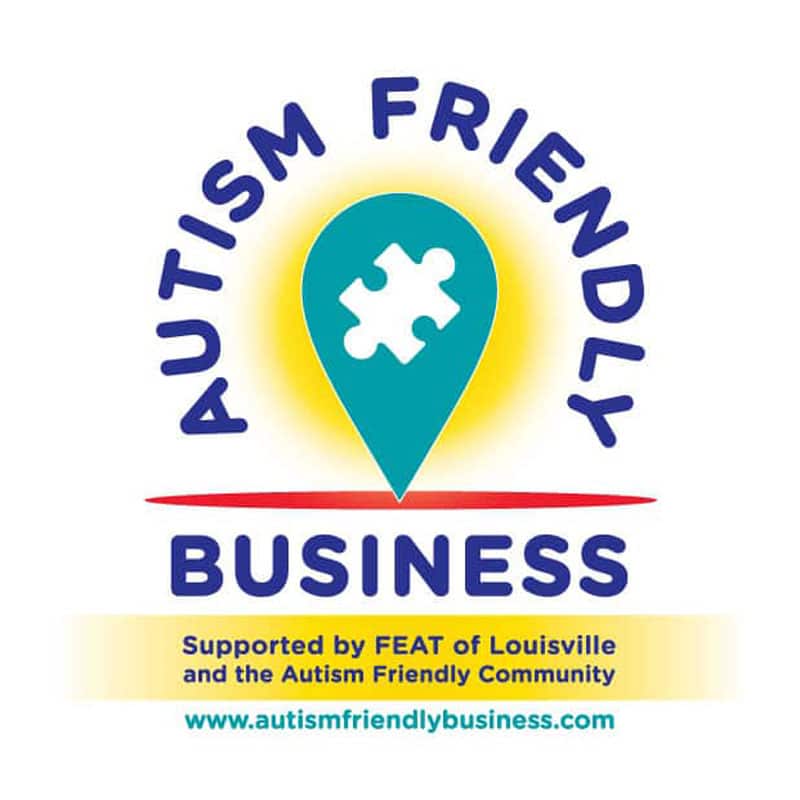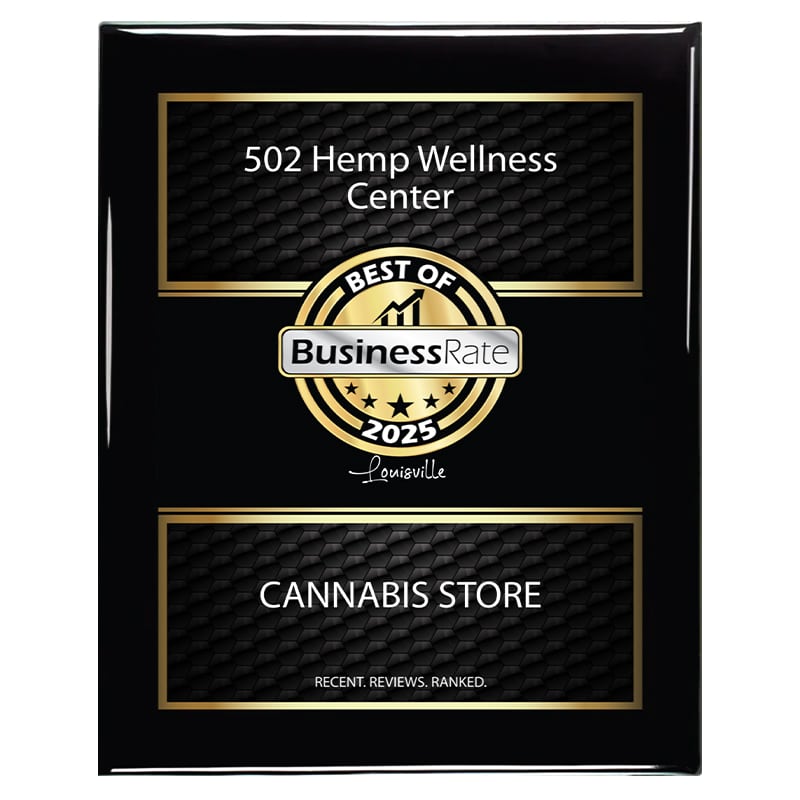The hemp beverage industry is buzzing—literally and figuratively. Made from hemp-derived ingredients such as CBD or THC, these beverages are gaining popularity for their unique effects, wellness benefits, and growing availability. But as the demand for hemp beverages surges, so does scrutiny from policymakers. This blog explores the rise of hemp beverages, ongoing legislative challenges, and why these changes matter to consumers and producers alike.
A Sip of the Trend—Why Hemp Beverages are in the Spotlight
Hemp beverages have quickly become a hot topic in the food and beverage industry. From sparkling CBD-infused waters to non-alcoholic THC brews, they appeal to consumers searching for an alternative to traditional drinks like coffee, soda, or alcohol. With their possible relaxing and restorative properties, these drinks have carved a unique space in wellness-focused consumer markets.
But their rapid rise hasn’t been free from controversy. Questions about labeling, distribution, and legality have created a gray area where innovation meets regulatory uncertainty.
The Push for Regulation
Currently, hemp beverages are often marketed through unconventional channels, bypassing traditional oversight mechanisms. However, this could change under legislative proposals such as HB734, which was recently filed to impose new limits on the sales and regulation of hemp beverages.
HB734 would classify hemp beverages under the Alcoholic Beverage Control (ABC) three-tier system. This system, which governs the distribution of alcohol in many jurisdictions, could increase oversight, including how these beverages are manufactured, distributed, and sold.
For legislators advocating for this change, the goal is clear—ensure consumer safety, standardize operations, and regulate what’s seen as an emerging, unregulated market. However, these changes could bring unintended consequences.
What’s at Stake?
While additional regulations might protect consumers, moving hemp beverages under the stringent ABC system risks complicating operations for small-scale producers. Here’s why it matters:
- Barriers to Entry for Small Businesses
Requiring hemp beverage makers to comply with the ABC three-tiered system could place smaller producers at a significant disadvantage. From licensing fees to distribution requirements, new costs may make it harder for emerging brands to compete.
- Innovation Roadblocks
The hemp beverage industry thrives in a flexible, innovative environment fostered by current frameworks. New regulatory burdens could slow down innovation, limiting consumer choice.
- Impact on Availability
Consumers may face reduced access to their favorite hemp beverages due to stricter regulations on distribution and sale.
Why Stopping HB734 Matters
HB734 could have far-reaching consequences for the industry and consumers. Limiting the sale of hemp beverages through tighter restrictions not only places unnecessary strain on producers but could also set a precedent of overregulation for similar hemp-based products.
For entrepreneurs and consumers passionate about hemp beverages maintaining their accessibility and diversity, this bill is a critical juncture. Acting now is essential to keep the industry growing in a fair and sustainable way.
What Can You Do?
If you’re a supporter of hemp beverages and their continued accessibility, now’s your chance to act. Here’s how:
- Call the Legislative Research Service (LRS) 1-800-372-7181
Speak up about HB734. Share how restrictive regulations could hurt consumers and small business owners alike.
- Support the Industry
Continue purchasing hemp beverages from local producers and retailers. Show your support for the businesses that work hard to deliver innovative and safe products to consumers.
- Spread Awareness
Educate others about HB734. Share this article, discuss it with friends, coworkers, and family, and post about it on social media.
Final Thoughts
The conversation around hemp beverages is part of the growing dialogue about hemp’s role in everyday life, from wellness products to recreational options. While regulations play an important role in creating a safe, transparent industry, they must also consider innovation, accessibility, and small business growth.
Together, we can work toward a future that nurtures both consumer protection and the creative solutions that make hemp beverages a unique—and growing—market. Don’t wait—act now to preserve the future of hemp beverages!


